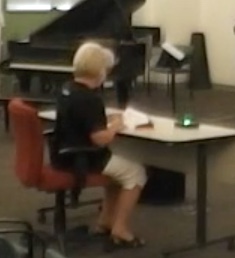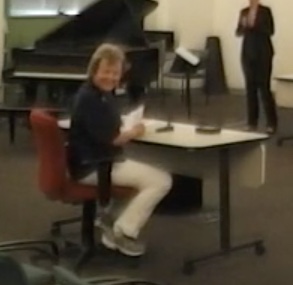
The following commentary by Lisa Haver and Deborah Grill was published by the Notebook on July 11, 2018
Philadelphia charter school operators and advocates have long maintained that if they were freed from the bureaucracy and regulations imposed on public schools, charters would be able to quickly and consistently raise student achievement. The School Reform Commission bought into that argument, approving new charters in almost every year of its 17-year reign.
The SRC also turned over control of more than 20 neighborhood schools to charter operators through its Renaissance initiative, whose provisions include“stringent academic requirements” that would be used “as a basis for a decision to renew, not renew or revoke a Renaissance school at the end of its [five-year] term.”
But when the data show many of those schools failing to achieve anything close to the “dramatic gains” promised, the SRC did not hold those charters accountable.
Recently, charter operators have actually lobbied the District to lower the standards by which their schools are evaluated. A June 11 Philadelphia Public School Notebook/WHYY story,“Philadelphia School District nearing new accountability rules for charters,”revealed that secret negotiations had taken place between District and charter officials about changes in the rating system, which “was developed with substantial input from the charter operators themselves.” This is not the first time charter operators and District officials have met in secret: They conducted closed-door meetings from fall 2016 through spring 2017 to formulate public policy about charters.
Belmont Charter CEO Jennifer Faustman argued that it’s not fair to compare charters who took over poor-performing District schools, saying, “You’re basically being challenged to exceed the District.”
But hasn’t that been the justification for creating and expanding charters — that they would always do better than public schools? Belmont Charter would not sign its 2017 renewal agreement, citing unfairness of conditions, even though Belmont failed to meet standards in all three categories—academic, financial, and organizational.
District officials contend that the new rubric is “fair” to charter operators, but do not explain how it is fair to the students or their parents. Theoretically, a charter school could earn a 45 percent academic grade even with near-zero proficiency rates. That is, a charter could be renewed as long as it showed improved attendance and growth — if not actual academic achievement. Incredibly, the charter coalition finds that expectation too high. They are holding out for a 40 percent passing grade.
Then-SRC Chair Estelle Richman told reporters that the charter “performance framework” has undergone “more than 60 negotiated changes” in the last year and that the “charter agreements incorporate a revised performance framework which provides charter schools with transparent and predictable accountability and ensures charter schools are quality options for students and families.”
Transparency, apparently, should be extended to charter operators but not to the public. If charters are truly public schools, as charter operators contend, then all policy discussions, including changes in the rating system, must be open to the public. Nor did Richman explain why the SRC felt the need to consult those being regulated on how they wished to be regulated.
Last month, in one of its final actions, the SRC approved 10 charter renewals. Four others, including two Mastery charters, were not on the agenda, reportedly because they rejected conditions suggested by the District.
The SRC has failed to take action on seven Mastery renewals, including five Renaissance schools, over the last three years, as Mastery officials have refused to accept proposed conditions. The District does not publicize conditions until after the operator accepts them as part of its new charter; the District does not disclose any conditions that the school has rejected. Despite, or perhaps because of, Mastery’s stonewalling, the company was invited to take part in negotiations regarding the new rating system.
In Mastery’s February 2018 application for a new elementary school to be located in North Philadelphia, it asserted that it has had a successful track record of turning around unsuccessful schools. However, the District’s School Progress Reports (SPR) for the last two years show that 14 of Mastery’s 17 Philadelphia charters (most of them converted District schools) are in the lowest performance tier — Intervene — in the academic categories. The remaining three are in the Watch category, the third lowest of the four performance tiers. Lenfest Middle and High School, which Mastery has been managing since 2001, has an achievement placement in Intervene and an overall placement in Watch.
Mastery’s application also stated that none of the four District elementary schools in that targeted area (Dunbar, Ludlow, McKinley, and Moffet) ranks in the top quartile citywide on either the SPR or the state’s School Performance Profile (SPP). However, SPP data for the last two years show that none of Mastery’s Philadelphia schools rank in the top quartile. In fact, those four public schools in Mastery’s targeted area have SPP scores comparable to most of Mastery’s schools.
The new Board of Education must hold charter operators accountable. Any adjustments in the rating system — which would be a major policy change — should be deliberated on in a public process, for the purpose of raising standards, not lowering them. The District cannot afford to subsidize charters that are not adequately educating their students.
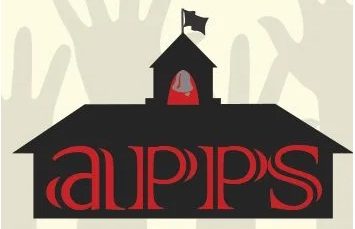
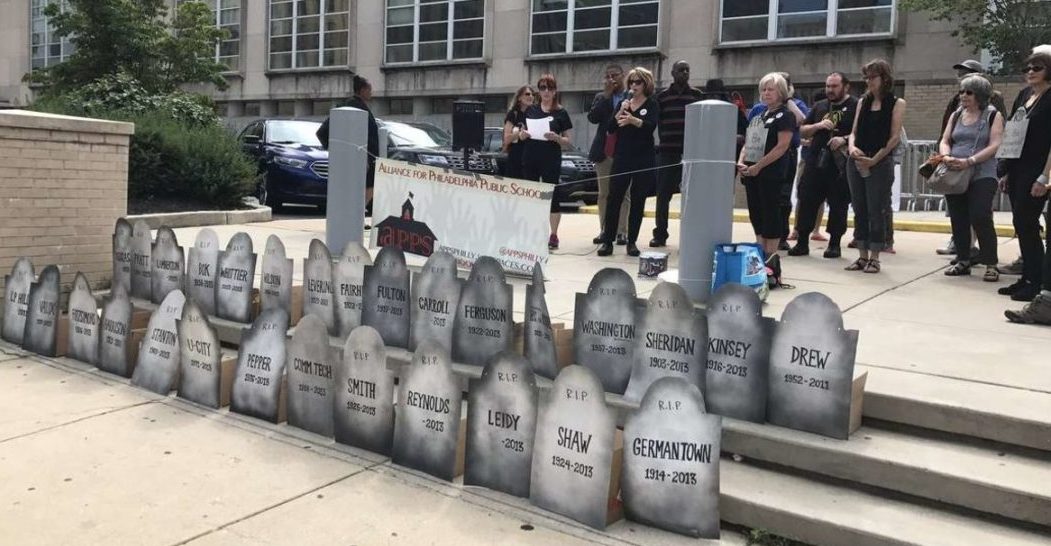

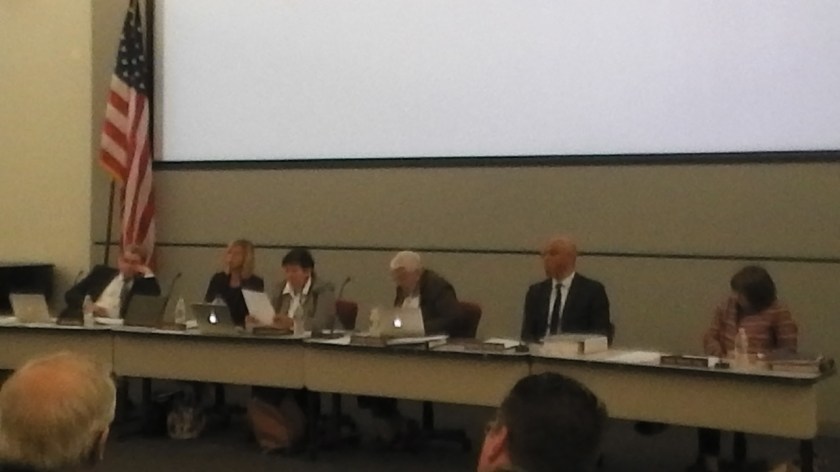


 Click here to view the testimony and read the transcripts
Click here to view the testimony and read the transcripts 
